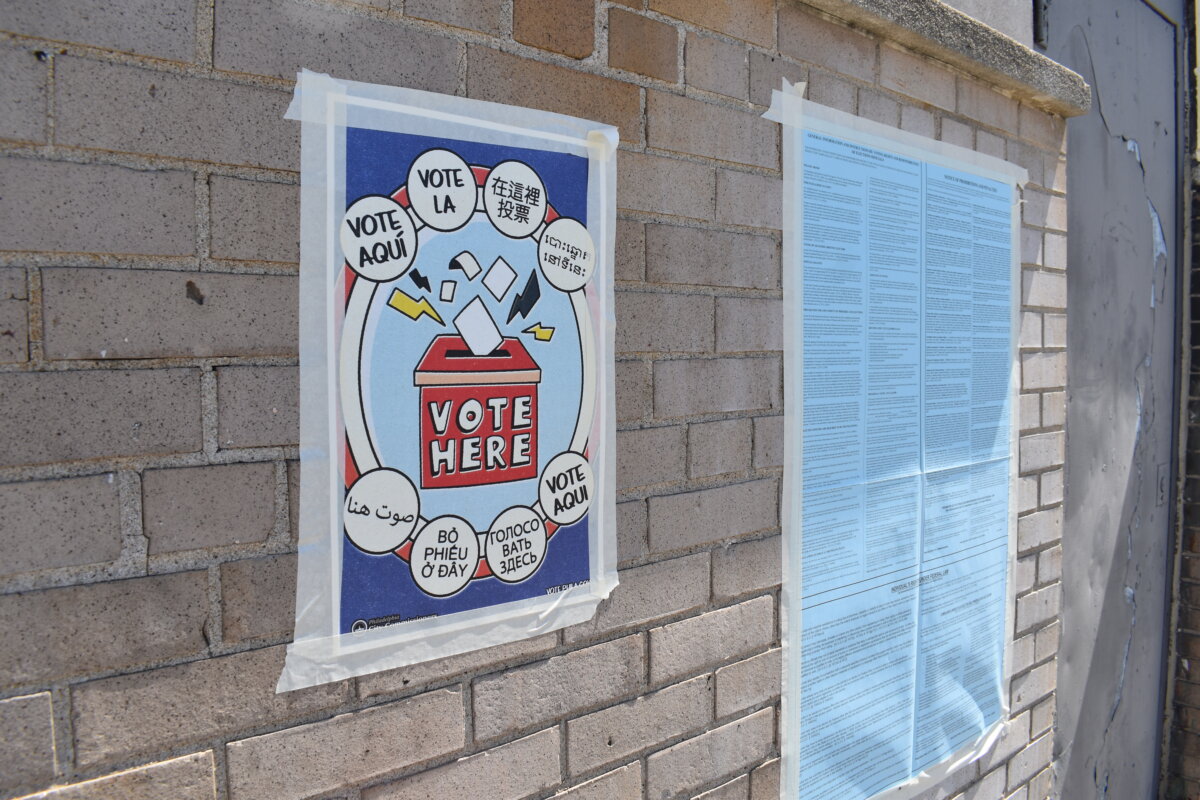Neurobiologist Doug Fields is a typically easy-going guy. He isn’t the type of dude who would, say, lash out at another driver for cutting him off in traffic. But when he was robbed while vacationing in Spain, he completely flipped out and got in a violent fight. Related: How to keep your cool when anger is out of proportion We see this sort of snap in big ways and small ways every day. It dominates headlines when someone starts shooting at a public place. And we see it in smaller ways on our morning commutes. What exactly happens in the brain that causes someone to freak out? Doug Fields obsessively researched why and published his findings in “Why We Snap.” It can happen to you
“Anyone can snap given the right provocation,” Fields tells us. “We will all react aggressively and violently in certain situations.” Fields studied the neuro circuits in the brain and found rage triggers everyone has. “Why We Snap” outlines nine, but some of the most common ones are a life or death threat, threat to a loved one, threat to your home, or threat to your tribe. “Our brain is wired to constantly be on the lookout for threats,” Fields says. “In response to sudden danger, we react automatically; you can’t think about it.”
Related: Office dogs might improve your mental health Insticts aren’t always bad
When it comes to rage circuits and the unconscious workings of the brain, Fields says it’s a double-edged sword. “Athletes, for example, depend on their threat detection center working,” he says. Being able to act quickly without thinking about what the” correct” response is can even be life-saving: Fields points out that soldiers in a combat zone or inner-city youth depend on it. “We only call it snapping when the outcome is wrong,” he says. “When you look in the brain, the same circuits are activated when we say someone is heroic or ‘quick thinking.’”
Related: Does resting b—h face exist?
How to not react the wrong way
So, how do you make sure these innate reactions make you a hero and not a criminal? Fields says the key is identifying what the trigger of your rage is. (His book gives an easy-to-remember mnemonic to help.) “When you feel a certain anger and you feel yourself tense up, quickly think what is the trigger? As soon as you identify the trigger it just goes away because you realize this is not a situation where getting into a physical battle is going to help. And so it’s not even a cognitive process involved, other than identifying the trigger.” Again, it all comes back to biology: “The triggers are designed to protect you. They are not bad. What you have to do is identify the trigger,” Fields says.
Follow Emily on Twitter: @EmLaurence


















